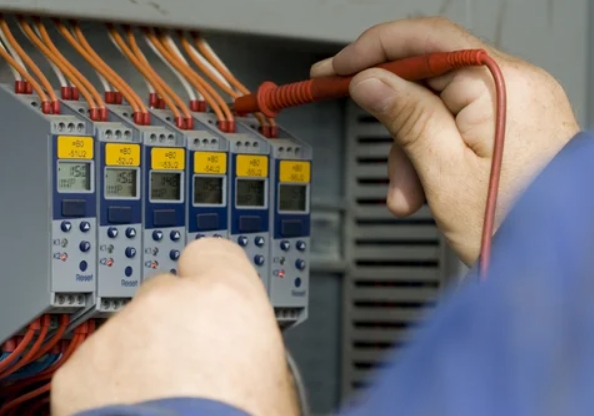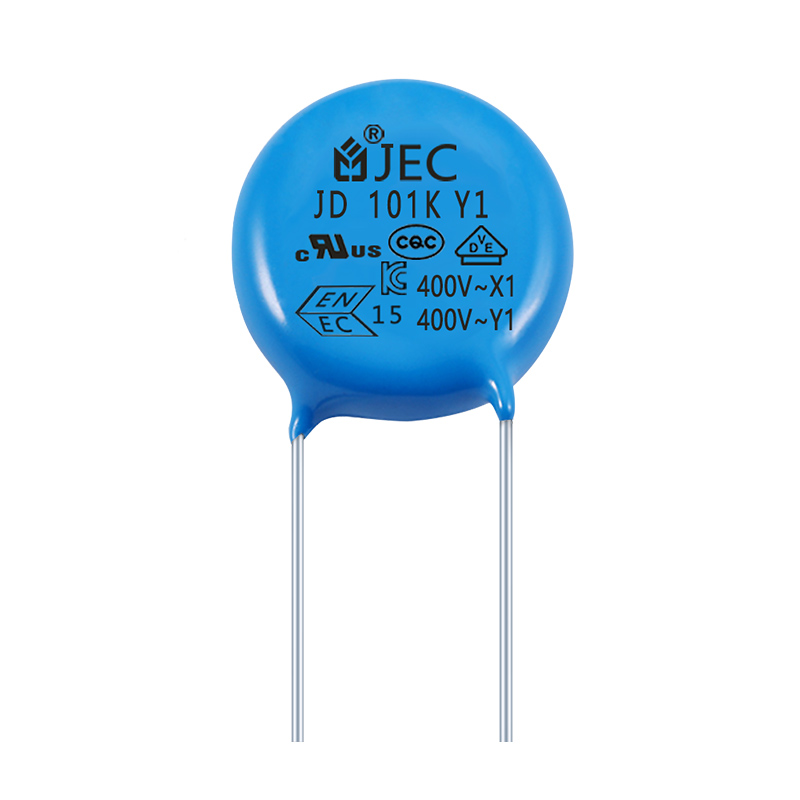In the world of electric vehicles, drones, and various remote-controlled devices, the electronic speed controller (ESC) plays a pivotal role in managing the power delivered to the motor. Choosing the right ESC can significantly impact performance, efficiency, and overall user experience. This article delves into the critical factors to consider when selecting an ESC, ensuring that you make an informed decision tailored to your specific needs.
Understanding the Basics of Electronic Speed Controllers
Before diving into the selection process, it’s essential to understand what an ESC does. An electronic speed controller regulates the speed of an electric motor by adjusting the voltage and current supplied to it. It interprets signals from the receiver (in RC applications) or the flight controller (in drones) and modulates the power output accordingly.
Key Factors to Consider When Choosing an ESC
- Motor Compatibility
- Type of Motor: Ensure that the ESC is compatible with the type of motor you are using—brushless or brushed. Brushless motors require specific ESCs designed to handle their unique operational characteristics.
- Motor Specifications: Check the motor's specifications, including voltage (measured in volts) and current (measured in amps). The ESC must support the motor's voltage rating and have a current rating that exceeds the motor's maximum draw to prevent overheating and damage.
- Voltage Rating
- ESCs come with different voltage ratings, typically ranging from 2S (7.4V) to 6S (22.2V) or higher. Choose an ESC that matches or exceeds the battery voltage you plan to use. Using an ESC with a lower voltage rating than your battery can lead to failure.
- Current Rating
- The current rating of an ESC is crucial. It should be higher than the maximum current your motor will draw under load. A good rule of thumb is to select an ESC with a current rating that is at least 20-30% higher than the motor’s maximum current draw to ensure reliability and longevity.
- ESC Features
- Programmability: Many modern ESCs come with programmable features that allow you to adjust settings such as throttle response, braking, and timing. If you require specific performance characteristics, look for an ESC that offers these programmable options.
- BEC (Battery Eliminator Circuit): If your setup requires powering a receiver or servos, consider an ESC with a built-in BEC. This feature simplifies wiring and reduces weight by eliminating the need for a separate battery for the receiver.
- Cooling Mechanisms
- Heat management is critical for ESC performance. Look for ESCs with heat sinks or fans, especially if you plan to operate in demanding conditions or at high loads. Proper cooling can prevent thermal shutdown and extend the life of the ESC.
- Size and Weight
- The physical dimensions and weight of the ESC can impact your overall setup, particularly in applications where weight is a critical factor, such as drones. Ensure that the ESC fits within your design constraints without compromising performance.
- Brand Reputation and Reviews
- Research reputable brands known for producing reliable ESCs. User reviews and community feedback can provide insights into the performance and reliability of specific models. Brands with a strong reputation often have better customer support and warranty options.
- Budget Considerations
- While it may be tempting to opt for the cheapest option, investing in a quality ESC can save you money in the long run by reducing the risk of failure and improving performance. Balance your budget with the features and specifications that meet your needs.
Conclusion
Choosing the right electronic speed controller is a critical step in optimizing the performance of your electric motor-driven applications. By considering factors such as motor compatibility, voltage and current ratings, features, cooling mechanisms, and brand reputation, you can make an informed decision that enhances your project's success. Whether you are building a high-performance drone, an RC car, or any other electric vehicle, the right ESC will ensure smooth operation and longevity, allowing you to navigate the currents of your hobby or profession with confidence.



